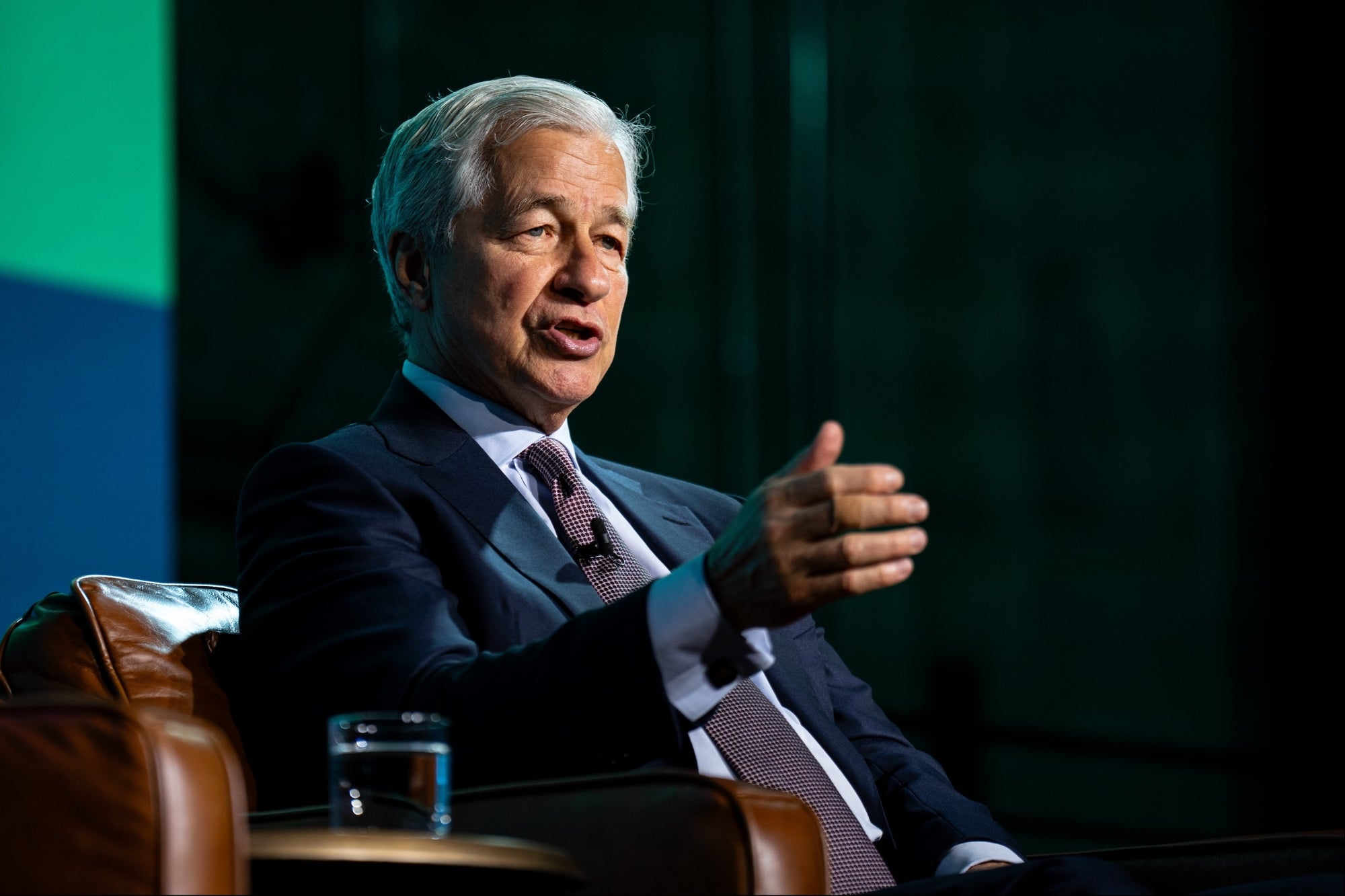What Is 'Doom Spending'? The Trend Takes a Toll on Personal Finances — and Members of This Generation Are Most at Risk. U.S. consumers owe more than $1 trillion on their credit cards.
By Amanda Breen Edited by Dan Bova
Key Takeaways
- People must spend about $1,237 to buy the same goods and services that cost $1,000 when the pandemic-induced recession hit, per Bankrate.
- A new study from Intuit Credit Karma found that many Americans are turning to "low-buy" or "no-buy" lifestyles — while others are taking a different approach.
Consumer prices are 23.7% higher than they were in February 2020, which means Americans must spend about $1,237 to buy the same goods and services that cost $1,000 when the pandemic-induced recession hit, according to a Bankrate analysis.
Some people have responded to the rise in expenses with an effort to curb their consumption. A new study from Intuit Credit Karma found that many Americans are turning to "low-buy" (44%) or "no-buy" (42%) lifestyles: restricting spending or committing to shop only for items that need to be replaced.
The most common reasons for embracing a low-buy or no-buy challenge are to build savings (41%), pay down debt (37%) and cover basic necessities (30%), according to the research.
Gen Z adults and millennials, in particular, find it difficult to build wealth. Despite 63% of them believing that investing in the stock market will set them up for financial success, 61% are not saving for retirement each month, a poll from CNBC and Generation Lab revealed.
Intuit Credit Karma's research found that more than half of Gen Z report participating in or considering low-buy and no-buy challenges.
However, Gen Z respondents are also most likely to admit to "doom spending" (41%). Doom spending is the habit of making impulsive purchases — often items that people don't need or can't afford — to ease feelings of anxiety and hopelessness.
Many Gen Z respondents (42%) report "panic buying" products out of fear of price hikes or shortages as well.
Additionally, Gen Z is most susceptible to TikTok discourse: 43% say social media content related to tariffs has influenced their spending, fueling purchases on shopping apps like DHGate or from advertised wholesalers they saw in trending TikTok videos, per Intuit Credit Karma.
It might be difficult to put an exact number on doom spending's financial toll, but U.S. consumers owe more than $1 trillion on their credit cards, and the average American credit card debt balance is $6,580, Motley Fool Money reported.
Related: Americans in These 5 U.S. States Might Fare the Worst in Retirement. How Do Your Numbers Compare?
Ashlee Piper, a former political strategist and the author of No New Things: A Radically Simple 30-Day Guide to Saving Money, the Planet, and Your Sanity, has some words of wisdom for anyone who wants to reduce doom spending with a low-buy challenge.
"No matter how much time folks can try the challenge for, they're going to see benefits," Piper, who paid off $22,000 debt and saved $36,000 with her "no new things" challenge, told Entrepreneur earlier this year. "What's more, if someone has any concern or stress around trying the 'no new things challenge,' that in and of itself should be a sign that it's time to go for it."











